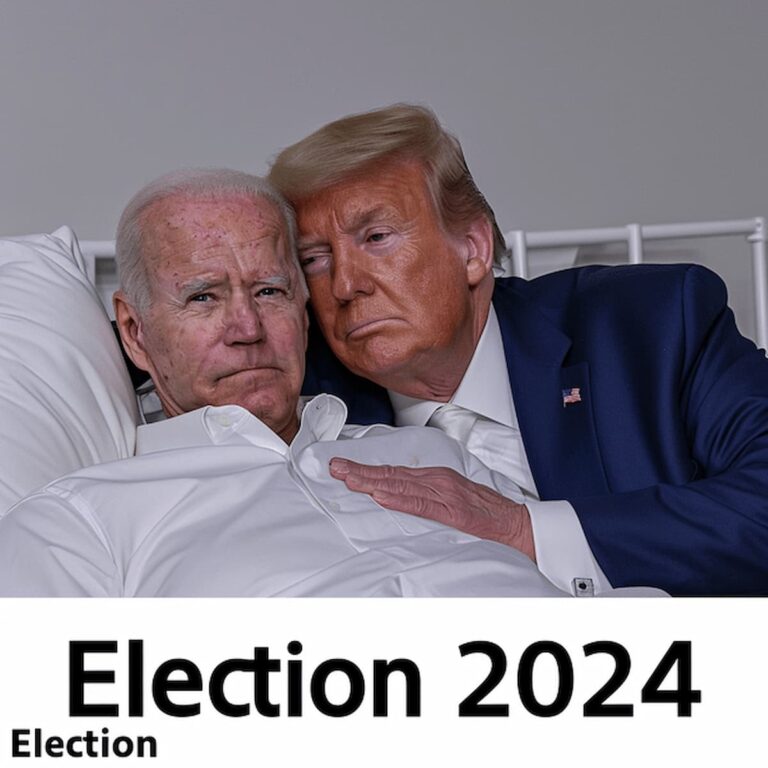
Key Takeaway:
Explore how the Supreme Court safeguards individual rights through landmark decisions, shaping legal protections in the United States.
Introduction: Upholding Constitutional Rights
The Supreme Court plays a crucial role in protecting individual rights by interpreting the Constitution and ensuring its application in diverse legal contexts.
Defining Rights: Interpretation and Application
Through judicial review, the Court evaluates laws and governmental actions to uphold fundamental rights guaranteed by the Constitution, such as freedom of speech, due process, and equal protection under the law.
Landmark Decisions: Shaping Legal Precedents
- Brown v. Board of Education (1954):
- Description: Declared segregation in public schools unconstitutional.
- Impact: Paved the way for desegregation and upheld the principle of equal protection.
- Roe v. Wade (1973):
- Description: Established a woman’s right to abortion under the right to privacy.
- Impact: Continues to influence debates over reproductive rights and privacy protections.
Judicial Activism vs. Restraint: Balancing Legal Principles
The Court’s approach to protecting rights involves navigating between judicial activism, where the Court actively shapes policy, and judicial restraint, where it defers to legislative decisions unless they violate constitutional rights.
Evolving Interpretations: Adaptation to Social Change
As societal norms evolve, the Court adapts its interpretations to reflect contemporary understanding of rights, ensuring they remain relevant and inclusive in a dynamic society.
Challenges and Controversies: Public Debate and Legal Clarity
Controversies surrounding judicial decisions often spark public debate and legislative responses, highlighting ongoing tensions between protecting individual rights and maintaining legal stability.
Conclusion: Guardians of Liberty and Justice
In conclusion, the Supreme Court’s role in safeguarding individual rights underscores its pivotal position in American democracy. By interpreting constitutional principles, the Court upholds freedoms essential to the nation’s identity, promoting equality, liberty, and justice for all.
For further exploration of landmark Supreme Court cases and their impact on individual rights, consult authoritative sources such as Oyez and legal analyses from reputable institutions.
Discover how the Supreme Court defends individual rights through pivotal rulings, shaping the landscape of freedoms and protections in the United States.















